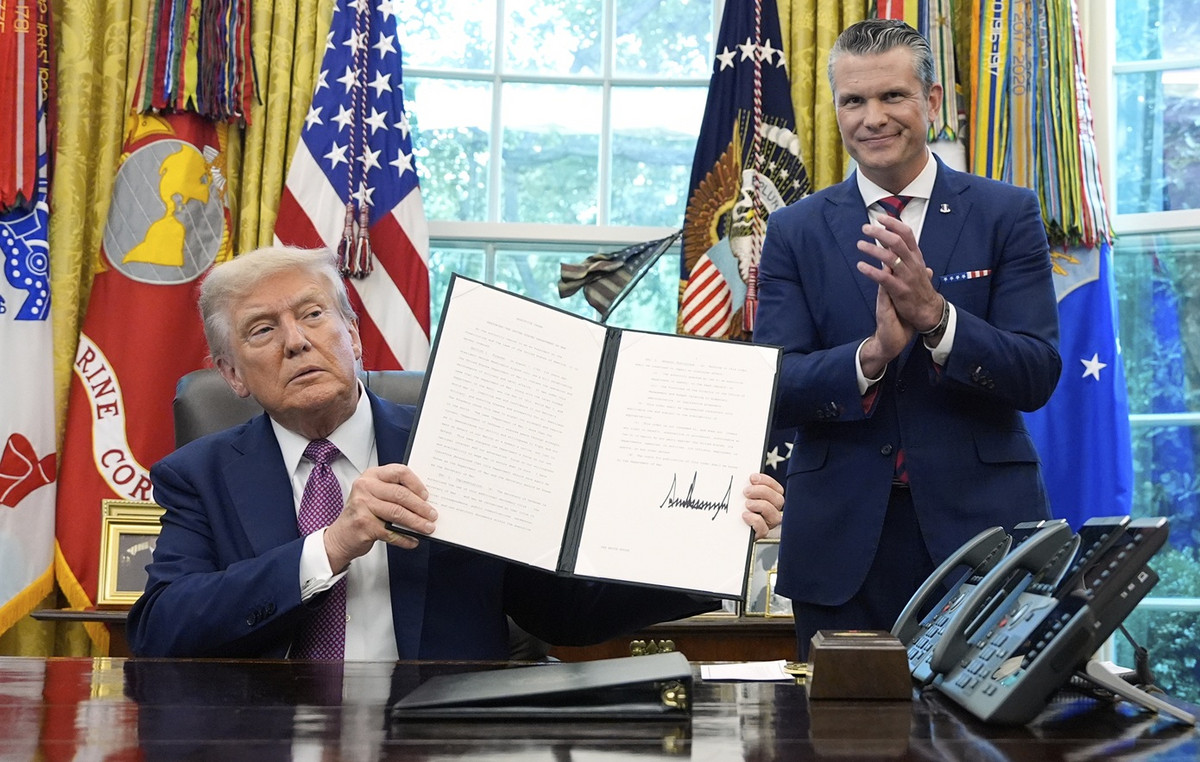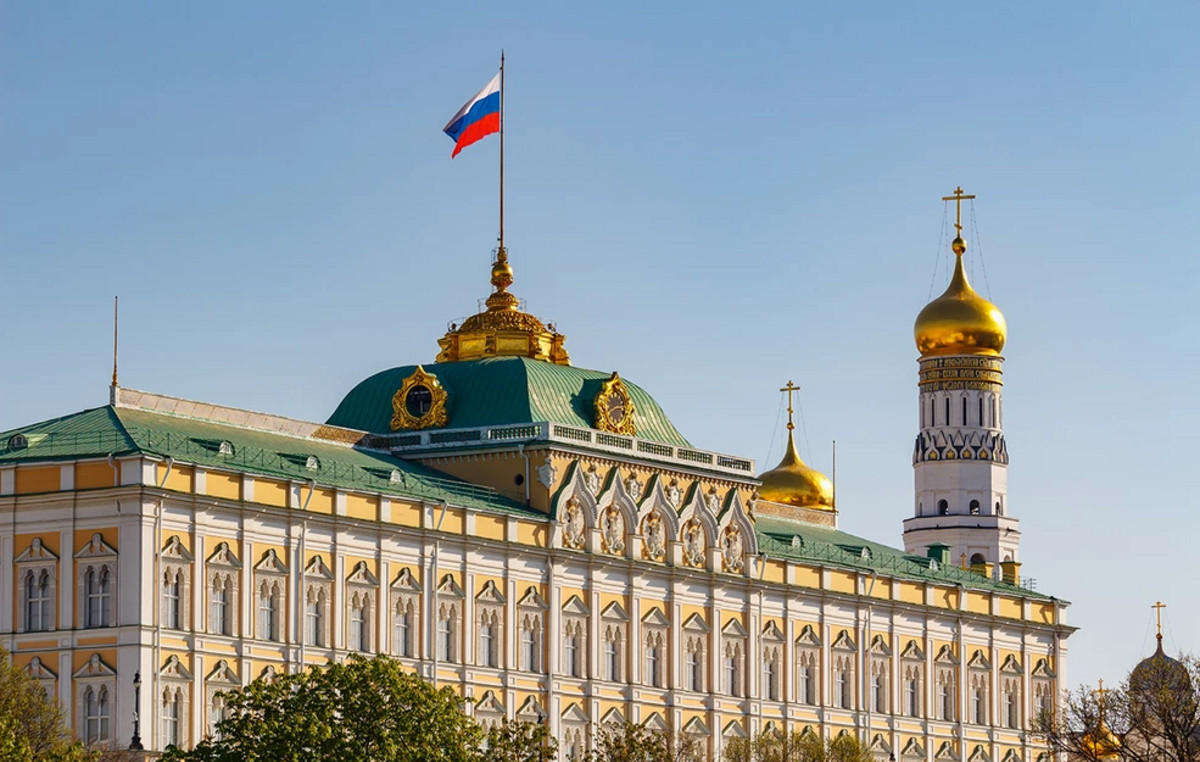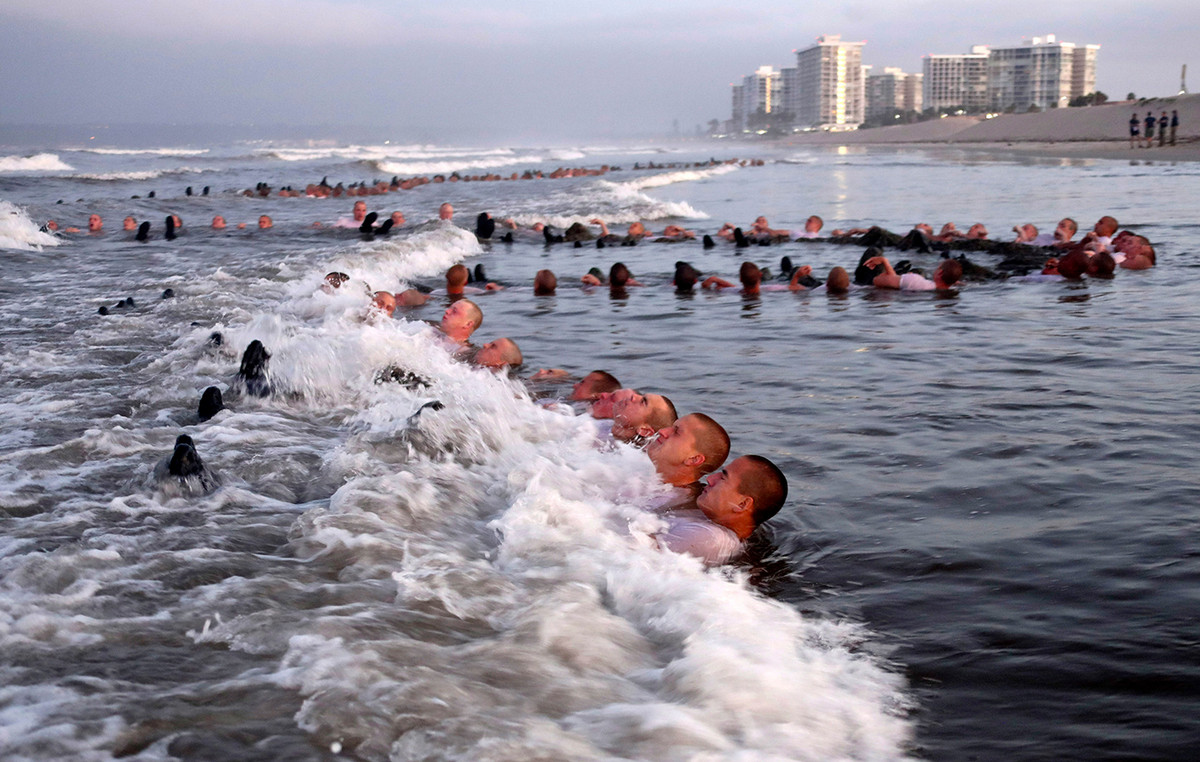Venice became the first city in the world on Thursday to introduce a payment system for tourists in an effort to ease the crowds that pack the canals during the peak holiday season.
Any visitor not staying overnight must pay a 5-euro entrance fee online before entering the city.
Although there are no turnstiles at the city gates to ensure people have a pass, inspectors will carry out random checks and issue fines of between 50 and 300 euros to anyone who has not registered.
“No one has ever done this before,” Venice Mayor Luigi Brugnaro told reporters earlier this month. “We’re not closing the city… we’re just trying to make it livable.”
About 20 million people visited Venice last year, a city official said, with about half of them staying overnight in hotels and vacation rentals – an influx that dwarfs the current resident population of around 49,000.
Venice narrowly escaped being placed on UNESCO's “World Heritage in Danger” list last year, in part because the UN body decided the city was addressing concerns that its delicate ecosystem could be overwhelmed by mass tourism.
In addition to introducing the entry fee, the city also banned large cruise ships from sailing in the Venetian lagoon and announced new limits on the size of tour groups.
“The phenomenon of mass tourism represents a challenge for all tourist cities in Europe,” said Simone Venturini, responsible for tourism and social cohesion at the city council.
“But being smaller and more fragile, it is even more impacted by this phenomenon and is therefore acting earlier than others to try to find solutions,” she told Reuters.
This year's box office is in an experimental phase and Venturini said that in the future, Venice may start charging more at certain times of the year to try to discourage arrivals.
Source: CNN Brasil
Bruce Belcher is a seasoned author with over 5 years of experience in world news. He writes for online news websites and provides in-depth analysis on the world stock market. Bruce is known for his insightful perspectives and commitment to keeping the public informed.







